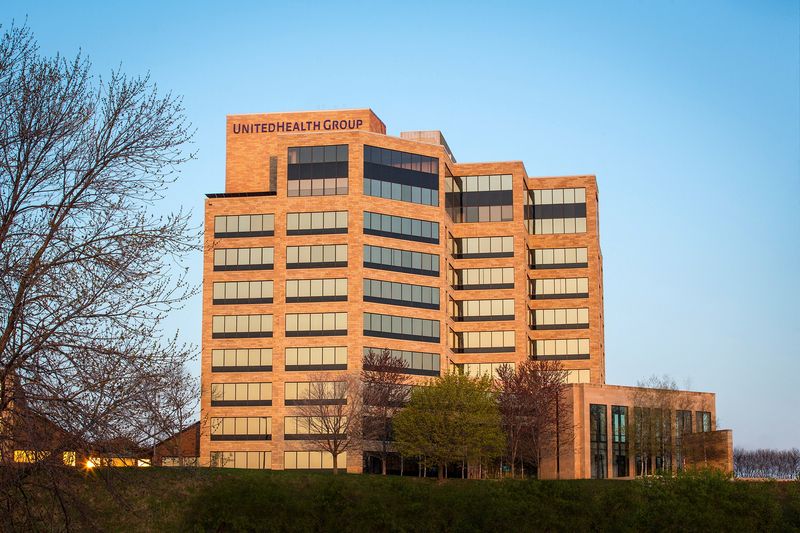By Bhanvi Satija and Christy Santhosh
(Reuters) -UnitedHealth shares fell 4% on Friday after medical services costs at the healthcare conglomerate were higher than Wall Street expectations for the first time in two years, even as it beat fourth-quarter profit and revenue estimates.
UnitedHealth (NYSE:UNH) said costs rose towards the end of the year as older Americans sought respiratory syncytial virus (RSV) vaccines and received additional medical services. As COVID-19 cases increased around the holidays, hospitalizations rose and spending on each patient also increased beyond typical rates, it said.
The results from the industry bellwether drove down the shares of other health insurers including CVS Health (NYSE:CVS) and Humana (NYSE:HUM), which declined about 3% each.
RSV vaccines were a new expense for insurers in fall 2023, as Pfizer (NYSE:PFE) and GSK launched the first shots for use in people 60 and older.
"Seniors did really respond strongly to RSV vaccinations and scheduled physician visits," UnitedHealth's finance chief John Rex said.
In December, COVID-related admissions were "50% to 60% above the October, November average", he said.
CEO Andrew Witty said UnitedHealth stood by the 2024 medical costs forecast it issued in November, adding that it did not expect late-2023 expenditure levels to continue through this year.
But analysts questioned if the reaffirmed target would adequately account for an increased spending trend.
UnitedHealth and its rivals are facing reimbursement pressures over the next three years due to the implementation of lower government payment rates for Medicare Advantage, the privately run health plans for people 65 and older.
"Maybe there's not as much upside to the 2024 guidance as there has been in the past," said Jeff Jonas, portfolio manager at Gabelli Funds.
Morningstar analyst Julie Utterback said the increased pace of late-year medical costs could also be an issue for the company's rivals.
UnitedHealth reiterated its projection for the medical cost ratio - the percentage of premiums spent on medical care - to be in the 83.5% to 84.5% range in 2024, compared with expectations of 83.29%.
The company's fourth-quarter ratio was 85%, above the 82.8% reported a year earlier. Analysts had expected 83.88%.
Full-year 2023 medical costs were 83.2%, higher than 82% in 2022 but consistent with UnitedHealth's own target.

The company posted an adjusted profit of $6.16 per share for the fourth quarter, compared with an estimate of $5.98 per share.
Overall revenue was $94.43 billion, beating analysts' average estimate of $92.16 billion.